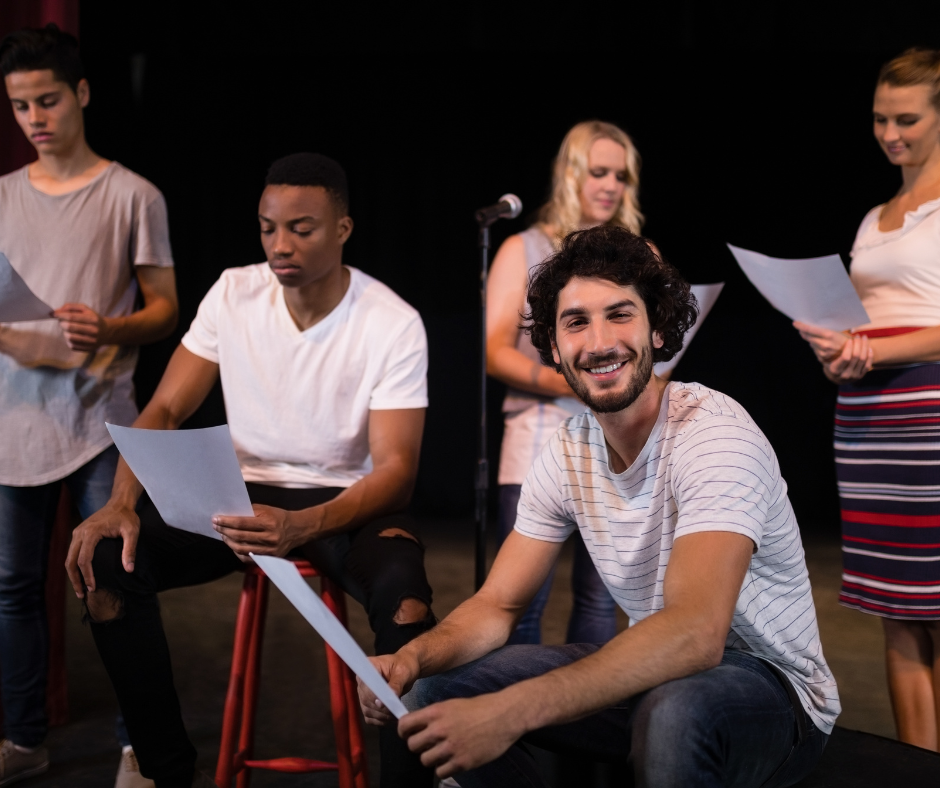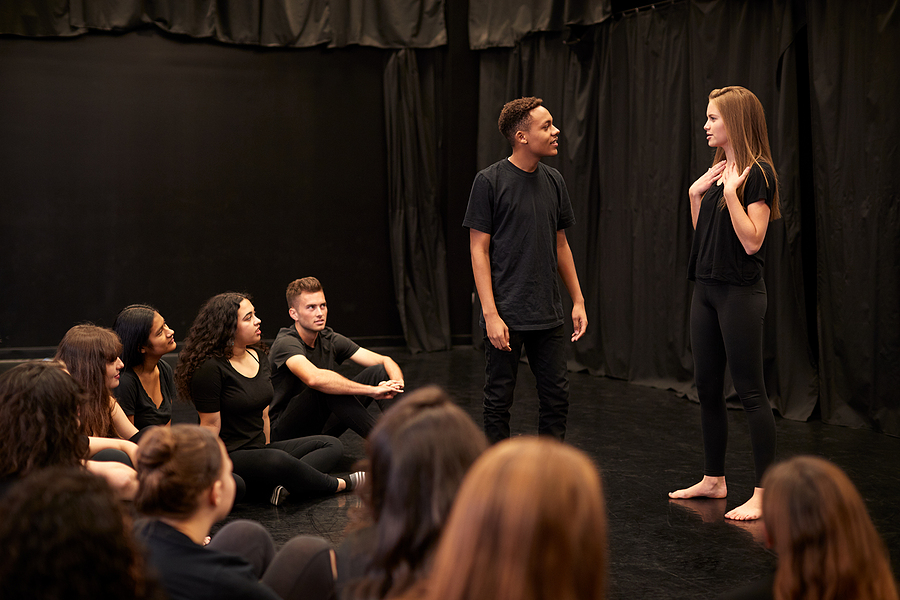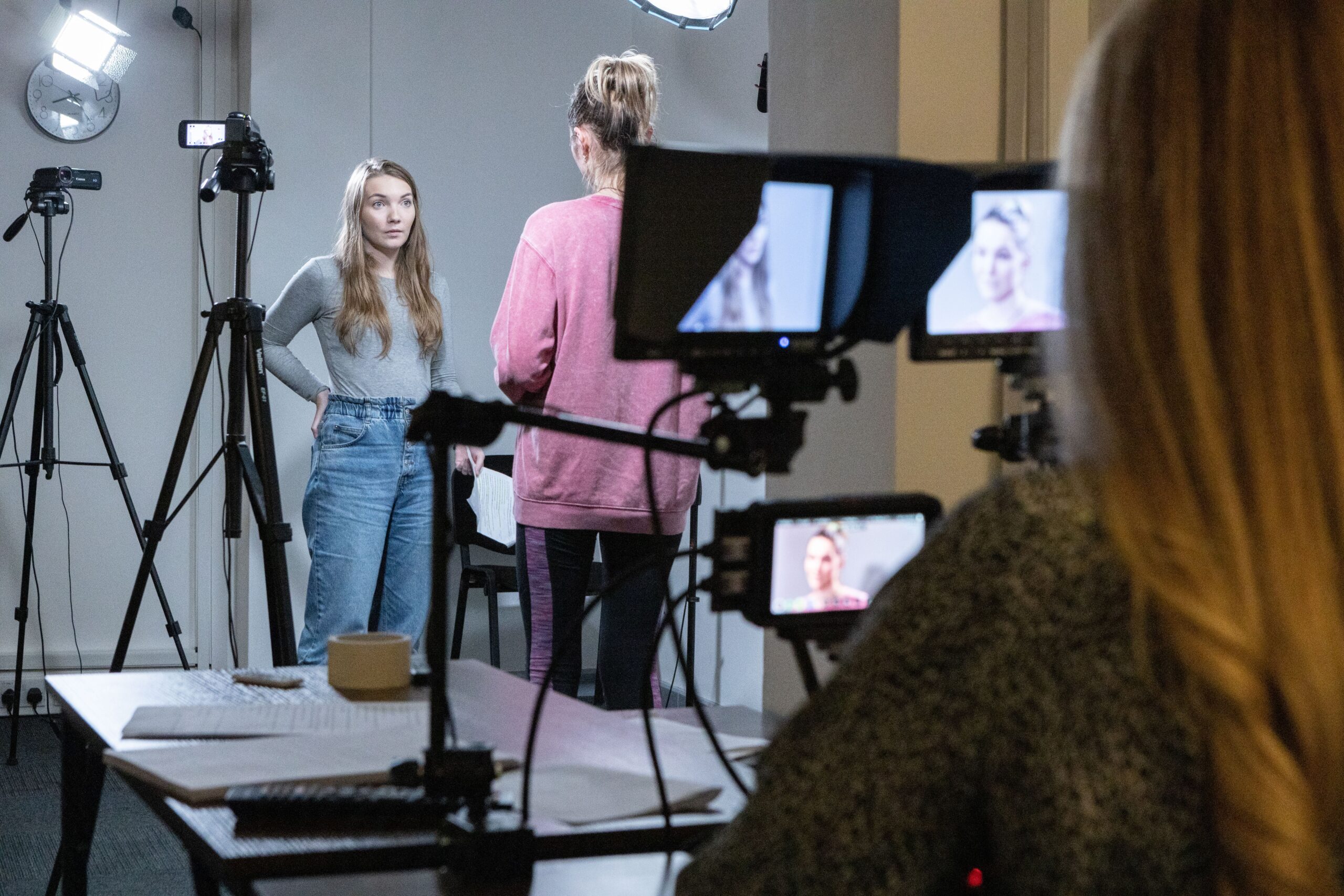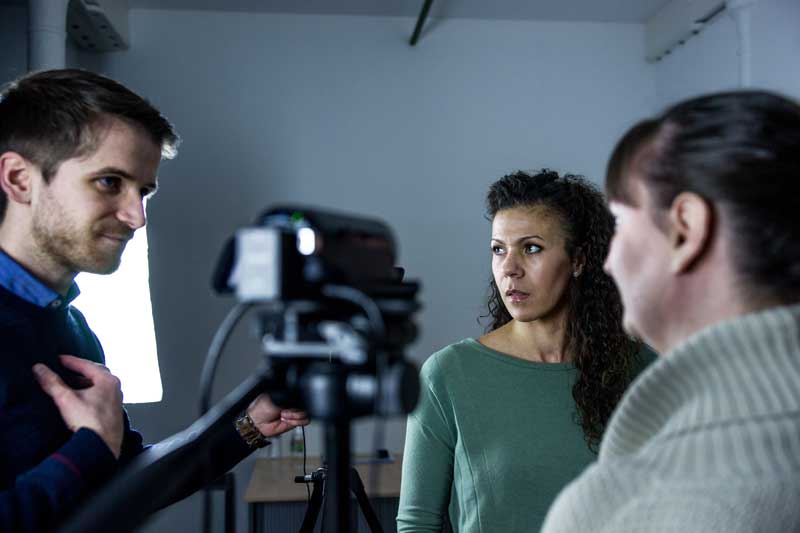
The Coliseum Theatre in Oldham has been saved from closure, following a campaign that has garnered high profile support. The historic venue in the Greater Manchester town has helped several famous names make the transition from acting schools to roles on stage in quality productions.
The Manchester Evening News reports that the campaign was led by the actor Julie Hesmondhalgh, who is best known for her roles in Coronation Street and the recent ITV drama about the Post Office IT scandal. Several other well-known names including Maxine Peake, Christopher Eccleston, and Dame Sian Phillips have also given their support.
The 135 year old Coliseum was shut in April 2023 after Arts Council England withdrew its funding, and the local council declared that it was not fit for purpose. There were plans to replace the building with a new smaller arts and cultural venue with no theatre, but now these plans have been shelved in favour of a £10m revamp of the existing theatre.
Hesmondhalgh said: “I think this is a huge step in the right direction. Not just for the art and culture in town but across the board because any Northern town needs a heart at the centre of it. This is a cause for celebration for so many people who have come together to show their passion for the theatre and bringing the Oldham Coliseum back to life.”
She added: “Oldham Council has shown a fantastic commitment to re-opening the Coliseum, and by working together, we can really put arts and culture at the heart of a transformed town centre. It feels like the start of a new, exciting era and it’s one that has been driven by the people of Oldham.”
Jim McMahon MP, who has also played a key role in the Coliseum’s re-opening, said: “This investment, working alongside a model that brings local arts organisations and local people together with a shared stake in its future, will help secure not only this fantastic building with its amazing heritage but also the future of producing theatre in this borough.”
Local theatre is a crucial part of the cultural fabric, providing an opportunity for aspiring actors to gain experience, or simply to provide roles for people who juggle acting with another career or family responsibilities. It also brings together the local community, putting on a diverse range of productions from pantos to weighty dramas.
The world of acting and performing arts can be very London-centric in the UK, so it’s important for talented actors, writers and directors who live in or around regional cities such as Manchester and Liverpool to have access to cultural venues. Without them, the British dramatic arts sector would be missing some of its most gifted stars.
Regional theatres also help to boost the local economy by drawing visitors to the town, who not only see the performance but stay in the hotels and eat in the restaurants and bars. Therefore the closure of a venue can have a knock-on impact on the whole leisure and hospitality sector of a region.









